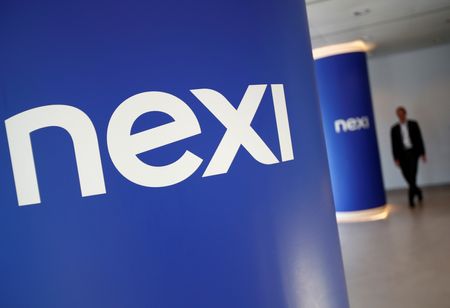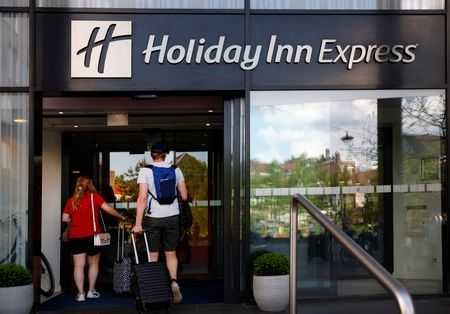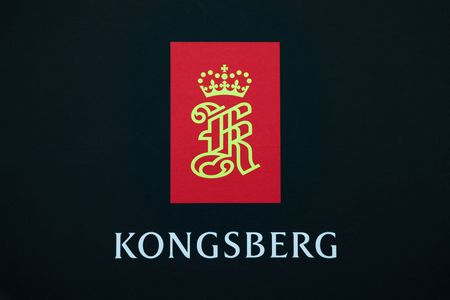By Anne Kauranen
HELSINKI (Reuters) – Finland, Sweden, Norway, Denmark and Estonia are rolling out offline card payment systems to provide a back-up if internet connections are lost, including due to sabotage, Bank of Finland board member Tuomas Valimaki said on Wednesday.
The plans come after the Baltic Sea region has suffered several instances of unexplained damage to critical undersea infrastructure in recent years, and as Western intelligence services have accused Russia of committing various acts of sabotage – a charge the Kremlin rejects.
“The likelihood of major disruptions has increased because the geopolitical situation has changed worldwide. There is a war in Europe, and around that war, there is all sorts of hybrid influence and harassment, which may involve disrupting or cutting connections,” Valimaki told Reuters, referring to Russia’s invasion of Ukraine.
He said payments were a potential target because of their critical role in everyday life.
Only 10% of people use cash as their primary payment method in Finland, central bank data show, making the country highly dependent on card payments.
“Since card payments require functioning international data links, Finland must be prepared for interruptions. Many other countries are of course in the same situation,” Valimaki said, adding Norway, Sweden, Denmark and Estonia were also planning to introduce offline card payments, and possibly other nations too.
Valimaki said the plans were still being developed, but offline payments can involve using terminals that encrypt and store transaction data until an internet connection can be restored.
Sweden’s central bank told Reuters that it hoped to establish a system by July 1, 2026, that would allow Swedes to make offline card payments to buy essential goods in the event of disruptions lasting up to seven days.
Central banks in Norway and Denmark said they had already launched offline electronic payments that they continue to develop.
Estonia’s central bank did not immediately respond to requests for comment.
Last year, the Nordic region’s largest bank, Nordea, was hit by an unprecedented denial of service campaign that lasted for weeks and at times prevented customers from accessing their accounts online.
All of Europe should reduce its dependence on card payments, which are currently heavily reliant on U.S. companies Visa and Mastercard, Valimaki said.
“We cannot rule out that one night someone on Truth Social comes up with using payments as a pressure tactic,” he said. Truth Social is the social network where U.S. President Donald Trump posts many of his ideas.
To provide an alternative, Finland will introduce a national system for instant payments in a few years, while offline payments will become possible for consumers next year, Valimaki said.
“We may feel like we have options, to pay with debit or credit or with Apple Pay for example, but all of those function via the Visa and Mastercard infrastructure,” he said, calling for diversification.
Speaking separately in Helsinki, NATO’s Head of Defence Planning Section, Christian-Marc Lilflander, said finance ministers should be more involved in discussions on security to better prepare for threats in financial services.
The European Central Bank is planning to introduce a digital euro, which would enable instant payments, but Valimaki said it would take years to establish the system even if it secured the political backing it needs from all euro zone countries.
In another push to protect financial security, Finland is also introducing a national system of reserve bank accounts. Under the system, the National Financial Stability Authority would be able to give Finns access to their savings even if their bank was unable to operate, Valimaki said.
(Reporting by Anne Kauranen in Helsinki. Editing by Mark Potter)












